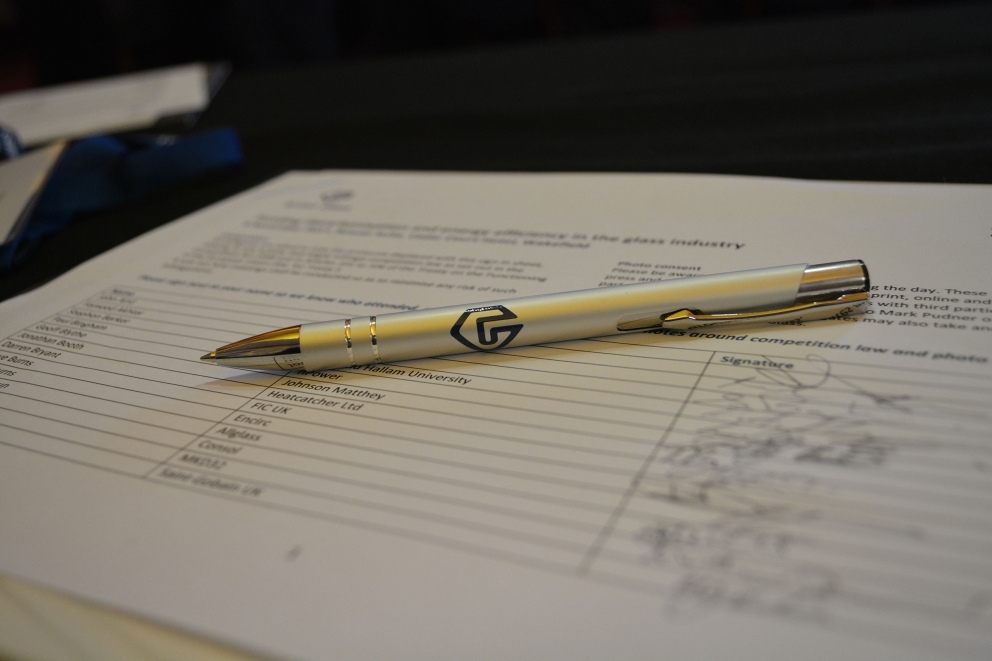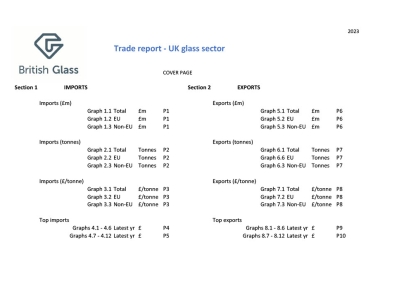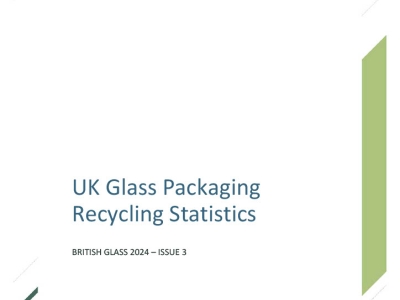
On 9 November 2017 the Funding decarbonisation and energy efficiency in the glass industry seminar brought together specialists from across the glass industry with experts in funding and energy management. The programme explored the most plausible routes to securing internal and external funding for different types of energy efficiency projects.
The glass sector, like all manufacturing, is being challenged to decarbonise and radically improve energy efficiency. But high capital costs, long payback periods and project complexity conspire to make it particularly challenging to get decarbonisation projects off the ground.
Mark Pudner, senior environment health and safety adviser at British Glass, said:
“The glass industry is committed to progressively reducing its energy use and carbon emissions. But this is a complex and evolving area; it’s difficult to make time around day-to-day work to research and identify the particular arrangements that will fit a specific business. By getting a range of providers in one room we helped our members and the supply chain to get an overview specific to our industry, ask questions of real-live experts on the spot, and learn from each other – all in one day.”
Delegates praised the broad range of speakers – providing insight to approaches many had not considered, as well as the opportunity for discussion, sharing of best practice from varied perspective and the opportunity make valuable new contacts.
The morning session focused on grant funding with an introduction provided Jenni McDonnel of the Knowledge Transfer Network. This was backed up with detailed explanations of how to access funding for waste heat recovery from Dr Mithlia Manage of the Department for Business, Energy and Industrial Strategy, and from the Industrial energy efficiency accelerator, which was explained by David Tobin of the Carbon Trust.
In the afternoon attendees heard about Siemens’ energy as a service model from Stephen Barker; financing battery storage form Ulrike Wising of the Maquarie Group; and the use of carbon psychology as a way of unlocking funding for energy efficiency projects from Geoff Blythe of npower Solutions.
The seminar was organised by British Glass’ with the support of its Environment and Energy Committee, which with wider membership played a key role in building the Energy Efficiency and Decarbonisation Roadmaps 2050. Improving knowledge about funding has been identified as a key enabler in the Roadmap draft action plan.
Notes
The British Glass Environment and Energy (E&E) Committee works to make the UK glass industry sustainable and competitive for the future by proactively addressing policy, regulatory and legislative matters as well as actively pursuing technical innovation. The committee is made up of representatives from across the British Glass membership, and supported by British Glass subject experts.
To find out more email information@britglass.co.uk


